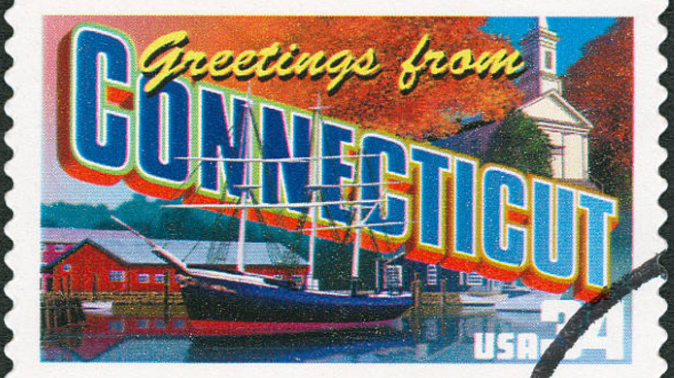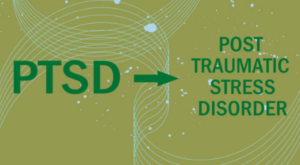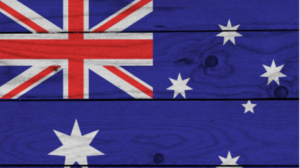Earlier today, Connecticut Department of Consumer Protection Commissioner Michelle H. Seagull announced that she would follow the Board of Physicians’ recommendation and add three conditions to the state’s list of qualifying conditions for adult patients. The new conditions include intractable migraines, hydrocephalus (water on the brain) with intractable headaches, and trigeminal neuralgia (chronic face pain).
Back in April, lawmakers in Colorado passed Senate Bill 17, adding post-traumatic stress disorder (PTSD) to the list of medical conditions covered by the state’s medical marijuana law. With Governor John Hickenlooper signing the Bill yesterday, PTSD sufferers can finally breathe a sigh of relief. Cannabis and PTSD PTSD affects an estimated eight million Americans
The past few years have seen a considerable expansion of research on cannabidiol (CBD), a chemical compound in the cannabis plant that has become increasingly known for its therapeutic effects. CBD is non-psychoactive, so it does not generate the same mind-altering, euphoric feeling as typical marijuana products. What it does provide, according to the research,
New Zealanders just received good news when Associate Health Minister Peter Dunne announced dramatic changes to the country’s policy on cannabidiol (CBD). Until now, CBD has been considered a Class B controlled drug, which has severely limited the ability of sick patients to access this essential medicine. Now, thanks to the new ruling from the
Every day across the U.S., an average of twenty veterans take their own lives. Most of these suicides are related to post-traumatic stress disorder (PTSD) or traumatic brain injury (TBI), two conditions for which medical cannabis treatment has shown promising results in states where it is legal. This point is not lost on Veterans Affairs





